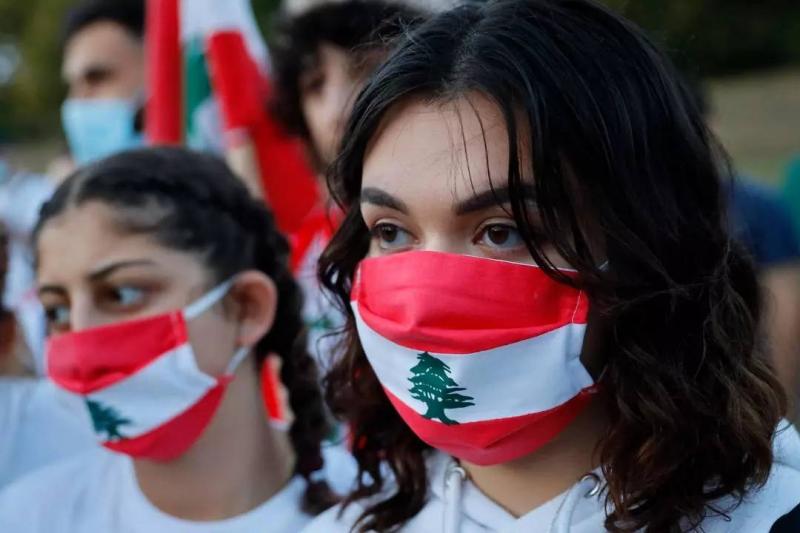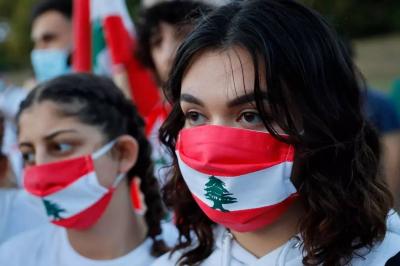Despite the deterioration of service quality, rising prices, power outages, disruptions in communications, shortages of bread and medications, and the decline of the healthcare sector, which lacks even the minimum decent living conditions, the tourism season appears promising. The expected number of expatriates and tourists arriving in Lebanon in the coming days is around one million.
Since the beginning of this month, 111,593 passengers have arrived in Lebanon compared to 76,742 passengers in the first week of June 2021, marking an increase of 45.41%. Rafic Hariri Airport has seen a significant rise in passenger traffic since May, with a 69% increase compared to the same month last year. The total number of passengers arriving at the airport from the beginning of 2022 until the end of May reached 1,988,010, compared to 1,050,282 passengers in the first five months of 2021, an increase of 89%.
While reliance is placed on the influx of tourists and expatriates to drive the economy and boost the tourism sector, most Lebanese view them as a factor that will flood the market with dollars, thereby helping reduce the exchange rate of the dollar in the black market.
Are the expectations of expatriates and tourists spending about $3 billion this summer realistic? To what extent will this contribute to the decline in the exchange rate? In this context, financial advisor Michel Qazzi noted that the majority of arrivals are Lebanese expatriates who are accustomed to sending money to their families in Lebanon, indicating that official remittances to Lebanon amount to approximately $6.6 billion per year, in addition to nearly $3 billion that enters the country informally.
Although expatriates will somewhat contribute to the influx of dollars into the local market this summer, the positive impact of these inflows is reduced by the increasing fuel import bills, which consume a significant portion of the foreign currency liquidity in the local market amid rising global fuel prices, thus leading to a widening balance of payments deficit.
Qazzi explained to "Al-Jumhuriya" that the majority of expatriates tend to spend from their stuck deposits in banks through various means, either via credit cards or otherwise, even if additional fees of up to 30% are imposed on the value of their purchases or hotel bills. Consequently, Qazzi pointed out that this also drains more money from the reserves of the Central Bank of Lebanon.
He considered that the expectation of expatriates and tourists spending $3 billion is exaggerated, estimating their actual spending this summer to be around $1 billion to $1.5 billion, which could provide an additional "breath of oxygen" to the Central Bank, buying it more time, and potentially serving it for the months of July and August, provided no other negative developments occur. However, Qazzi stressed that the Central Bank's reserves might only support the lira for a few additional months. After that, it will have to make a decision between two options: either liquidate its gold reserves or stop intervening in the currency market and adopt full dollarization, which will lead to social and security chaos and, ultimately, a complete collapse.
He noted that the current data does not indicate any intention or inclination to reach a final agreement with the International Monetary Fund due to the ruling political class's lack of willingness to meet the fund's conditions. This reality suggests that the ruling authority does not care about continuing to buy time and may reach the point of using part of the gold reserves present in Lebanon, “though we do not know its amount, estimates suggest it could buy between two to three more years of time.”
Qazzi concluded by affirming that the exchange rate trajectory will remain volatile, rising and falling, as the main controlling player is the Central Bank, which withdraws liquidity from the market at will and injects it whenever it pleases. However, it is certain that, in the absence of any serious and positive indicators for starting the reform process, the overall trend of the dollar exchange rate against the lira is upward.




